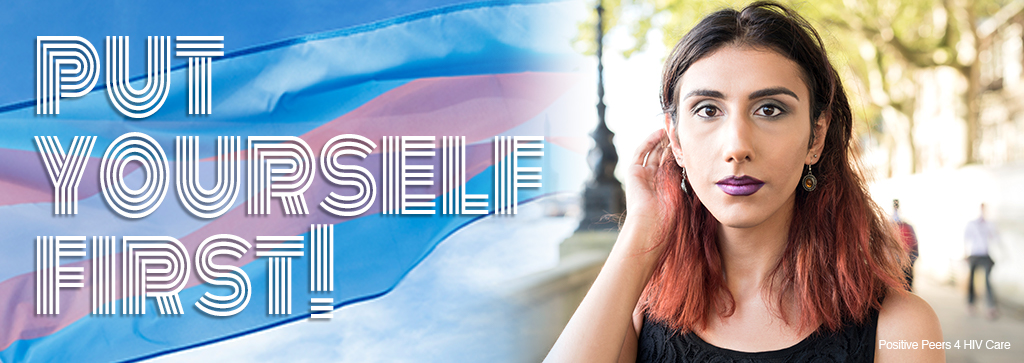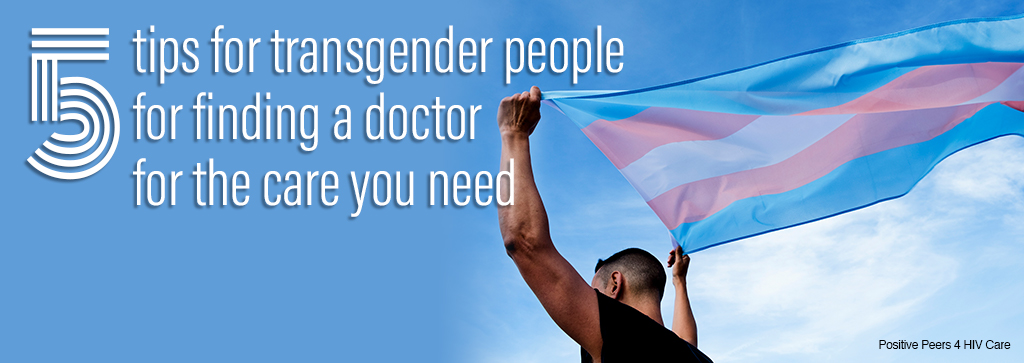
By: Jennifer McMillen Smith, LISW-S, HIV Social Worker at MetroHealth Medical Center and medically reviewed by Ann K. Avery, MD, Infectious Disease Physician at MetroHealth Medical Center
Being a person who identifies as transgender sometimes means you’re faced with a lot more hate, pressure, and barriers in life than other people. Because of these types of obstacles, trans people may be more vulnerable to things that put them at risk of getting HIV, such as sex work or drug use.
We totally get it. Society can be so incredibly judgey and oppressive and make you feel like you must live a cookie-cutter life in order to be “accepted”. We don’t ever want you to feel down on yourself just because society adds an unnecessary stigma and discrimination against trans people. Listen hunny, we are here to tell you to keep being uniquely YOU!
If you’re trans and reading this right now, we want to let you know how beautiful you are inside and out. You are loved. You are strong. You are unique. You are amazing! And because we love you so much, we want to provide you with tips for finding a trusted doctor to help you get the care you need to continue living your best life – no matter what your HIV status is!
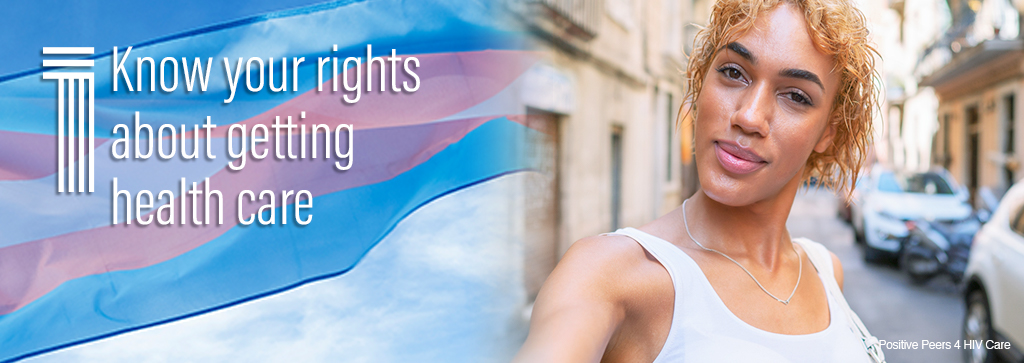
- Know your rights about getting health care
Federal and state law prohibits most public and private health plans from discriminating against you because you’re transgender. This means that it is illegal discrimination for your health insurance plan to refuse to cover medically necessary transition-related care! If you have ever run into discrimination because you are trans, it’s time to contact an attorney or legal organization.
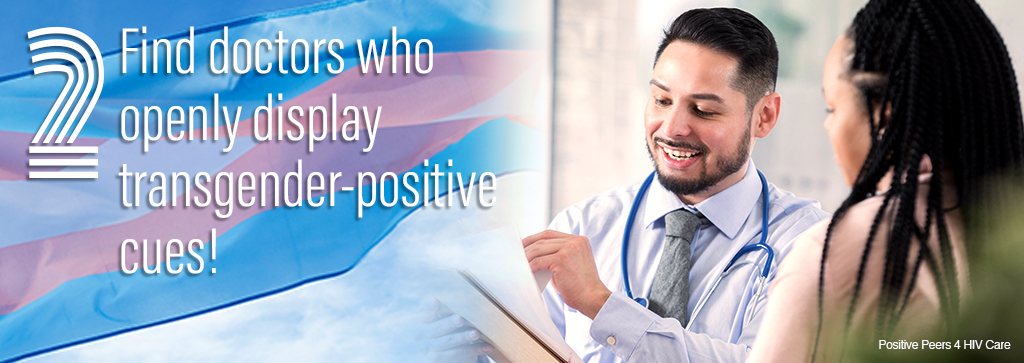
- Find doctors who openly display transgender-positive cues
Your doctor should be loud and proud about serving the transgender community as patients. If staff are wearing pronoun pins & the bathroom is gender-neutral, those are good signs. If not, it’s time to strut your fine ass out the door and never look back! Because, BOO, you and your health matter. Not sure where the best trans-affirming doctors are? Try checking with your local LGBT Community Center – they’ll spill the tea on which doctors to see, who to avoid, and know the best resources.
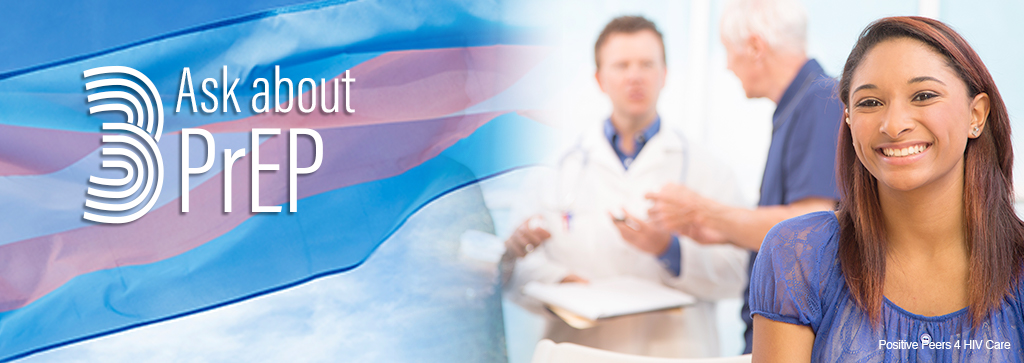
- Ask about PrEP
Y’all, PrEP is where it’s at! PrEP is short for pre-exposure prophylaxis, which is a once-a-day pill to prevent you from getting infected with HIV. It’s side effects are minimal, and it’s very easy to get. If you need helping finding the right PrEP doctor or want to learn more, hit up our expert, AKeem Rollins at MetroHealth Hospitals! He has all the hook up and will make sure you are taken care of.
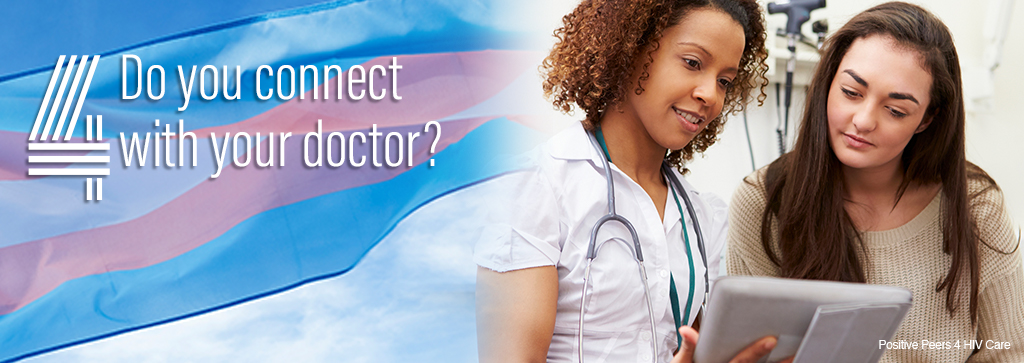
- Do you connect with your doctor?
This one is pretty important. When you are meeting with a new doctor, make sure you click. Ask yourself if you feel comfortable talking about your health needs. We know it can uncomfortable meeting a new person, let alone a doctor, but this is important because you should be able to open up freely and safely about your health.
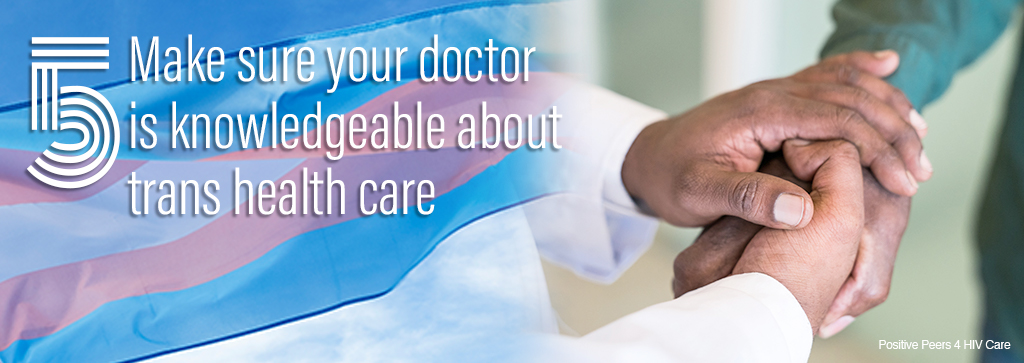
- Make sure your doctor is knowledgeable about trans health care
Is your doctor up-to-date on transgender issues, LGBTQ issues, training, and know where to access resources? If not, it’s time to find a new doctor. You doctor should be able to help keep you educated on all the health and risk factors associated with your HIV status, and overall health.
Put yourself first!
We know it can be overwhelming when it comes to finding a doctor who cares and wants to take care of you. It’s so important to be yourself, but it’s even more important to prioritize yourself! Make finding a trusted doctor a priority so you can keep being you.
Related Blogs:
